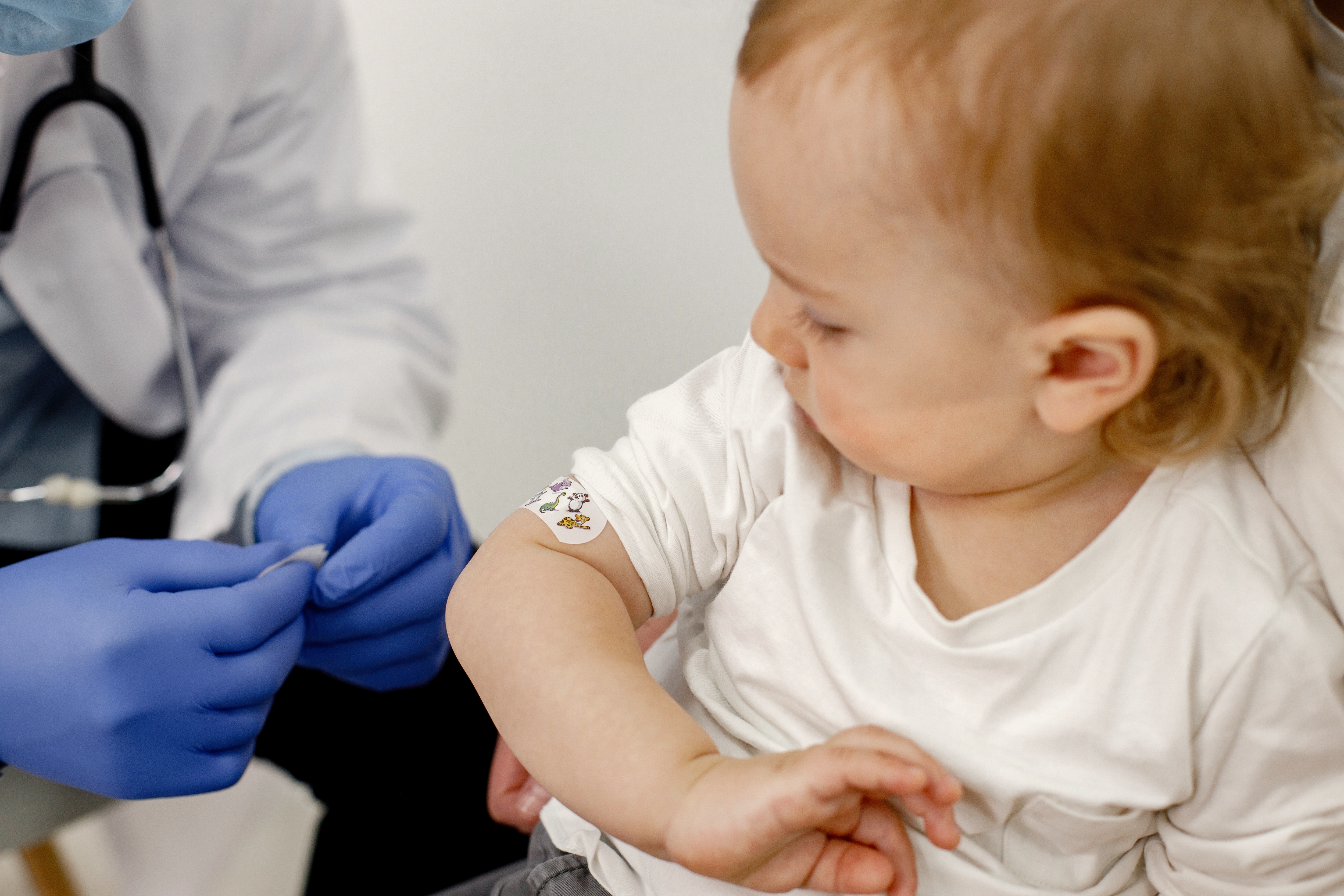Vaccines Save Lives — Here's What That Actually Means
By age 2, your baby will receive protection from over 14 deadly diseases.
Vaccines aren't optional—they're proven tools backed by global data.
This guide clears the confusion and tells you exactly what to expect.
📅 The Core Vaccine Schedule for Babies (Birth to 18 Months)
These are the standard vaccines recommended globally:
💉 What Vaccines Actually Do
- Train your baby's immune system to recognize and fight dangerous bacteria and viruses
- Use inactivated or weakened forms of germs (not the actual disease)
- Protect not just your child, but other vulnerable babies too
🛑 Vaccine Myths You Should Stop Believing Today
📌 Are Vaccines Safe?
Yes.
- Every vaccine on the schedule has passed years of clinical trials.
- AAP, CDC, WHO, and EMA (European Medicines Agency) all confirm safety.
- Most common side effects:
- Mild fever
- Swelling at injection site
- Fussiness for 1–2 days
- Rare serious reactions happen in less than 1 in a million doses.
🌍 Global Variations — But Core Vaccines Are Universal
- Whether you're in the U.S., Europe, Middle East, or Asia:
- Core vaccines (DTaP, MMR, Hib, etc.) are standard worldwide
- Local health systems may bundle or time doses slightly differently
- Always bring your vaccination booklet to pediatric visits
If you vaccinate your child, you're not just protecting them. You're protecting every baby who can't yet get vaccinated. Vaccines are one of the most powerful things we do as pediatricians — and one of the most important decisions you'll ever make.
